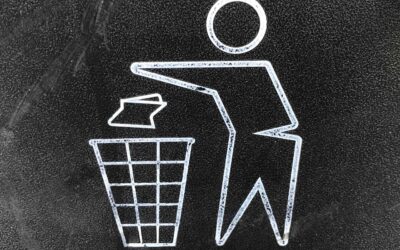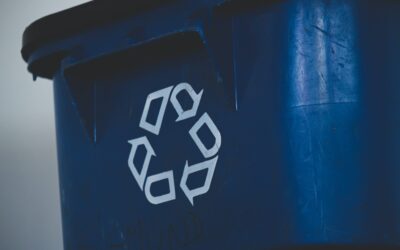It’s pretty much going to be all additionality all the time here for the next week. Alongside the research we do into the Tontitown project, we’re also going to delve deeply into the policy questions around additionality. Essentially, we’re going to be offering an in-depth policy review, coupled with a real-time case study focusing on Tontitown.
It is important for us to state this clearly: we have full confidence in the quality of our portfolio and in the quality of the voluntary carbon market generally. We are conducting this review in the most public, transparent way possible as an affirmation of our quality guidelines. We are excited by this opportunity to demystify and build confidence in the voluntary market.
It will be an interesting experiment with a serious purpose. The BusinessWeek article raised questions that cut to the core of the carbon offset industry. The article focused on Terrapass, but the charges were really a critique of the notion of additionality. Put another way, our portfolio is the best out there. If additionality is an illusion, then perhaps the game really is over for the voluntary carbon market.
We don’t believe that. We feel the article took a glib look at a complicated policy area. The author declined to quote any of the experts who testified to the quality of these projects, and instead focused on sensational criticisms from people unfamiliar with carbon markets.
In trying to decide how to respond to these criticisms, we realized we had an opportunity to elevate the discussion. A game of “dueling experts” wouldn’t be particularly satisfying. Hand-waving about how complicated additionality is certainly wouldn’t be satisfying.
But actually walking through the process of an additionality review, step by step: interviewing all the project participants; posting the data to a public forum as it becomes available; organizing the information according to a set of objective criteria; and presenting it finally to a panel of experts for review — now that could be interesting.
It’s also risky. It’s risky because the charges in the article are sensational and extremely damaging. Our response will be technical, methodical, and not particularly amenable to sound bites. It’s also risky because we don’t actually know what our panel of experts will conclude. Although the BusinessWeek article didn’t bring much new information to light, it did highlight a previously unknown groundwater contamination problem at the Tontitown landfill that may affect additionality claims.
For those interested in following the entire process, our data repository can be found here:
Terrapass additionality wiki
And all blog posts on this topic can be found here:
Terrapass additionality articles
We’ve already posted a lot of interesting content. Please take a look. As always, questions and comments welcome.
And here are some answers to a few questions we’ve already received:
The article claimed problems with a number of projects, not just Tontitown. Will you be conducting similar additionality reviews with all of your projects?
That depends on what we find with Tontitown, but we hope not. It’s important to remember that all of our projects have already been through several rounds of additionality review already; and also that people criticize projects all the time. We’re conducting a review of Tontitown as a way of testing whether our additionality criteria have been performing well. Our hope is that the outcome of the review will be an affirmation of our quality guidelines. Of course, if that isn’t the case, then we will revisit.
We do, however, hope that the Tontitown review will provide valuable lessons moving forward for how we conduct our project reviews. We’re pretty excited about the open source format of our data gathering process, and would like to continue to push forward these sort of community-access mechanisms for conducting project review.
Why don’t you include an additionality review as part of your audit?
The short answer to this is that we do. Our audit covers a variety of quality metrics. For example, all of our RECs are Green-e certified. All of our offsets have to pass several forms of additionality review.
The longer answer is that if it were that easy to guarantee additionality, then there wouldn’t be any issue here. The BusinessWeek piece wasn’t about Terrapass in particular, although it did focus on the projects we fund. The article was about whether additionality is even possible to achieve. We believe that it is.
We do look forward to the release of the Center for Resource Solutions standard for carbon offsets. The standard won’t magically make additionality issues go away, but it will bring clarity to a number of questions that right now are handled inconsistently across the industry.
Brought to you by terrapass.com
Featured image






